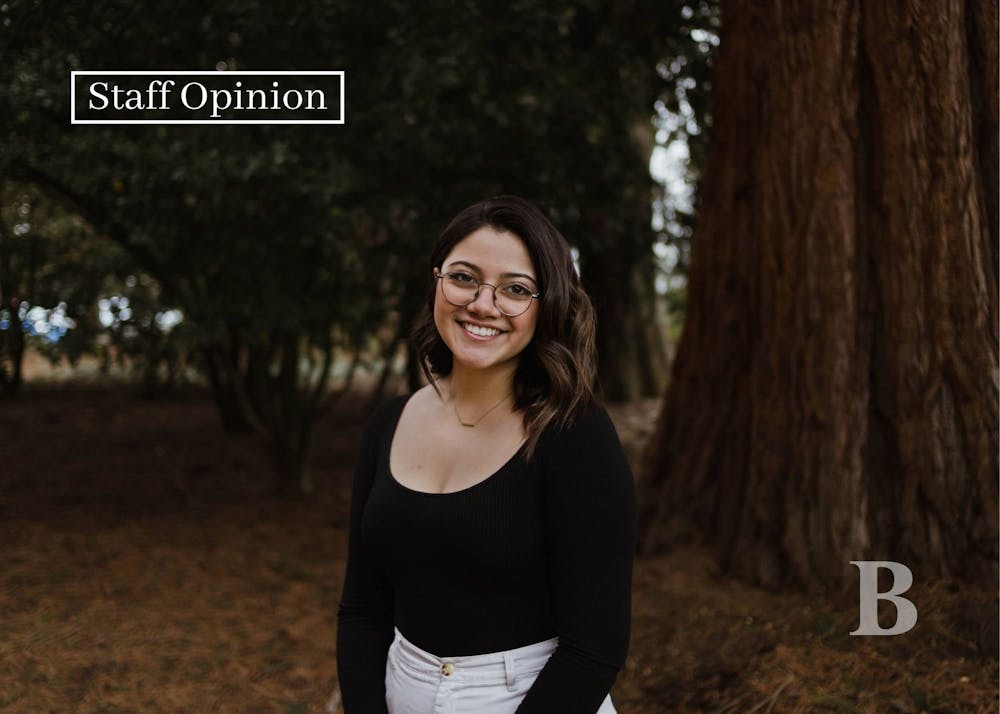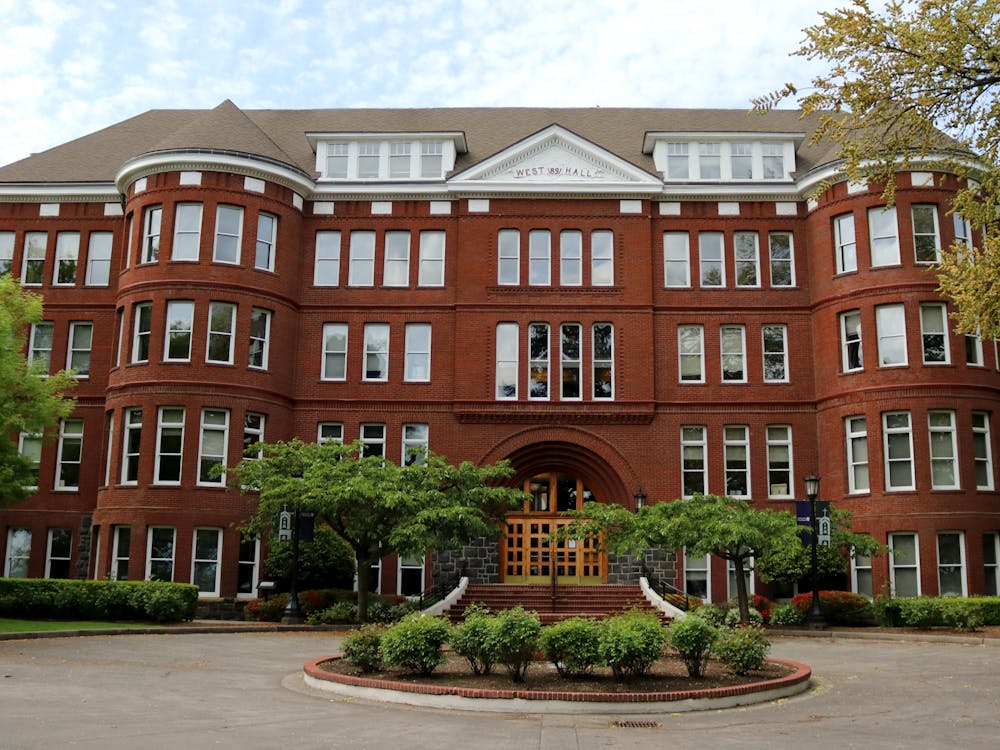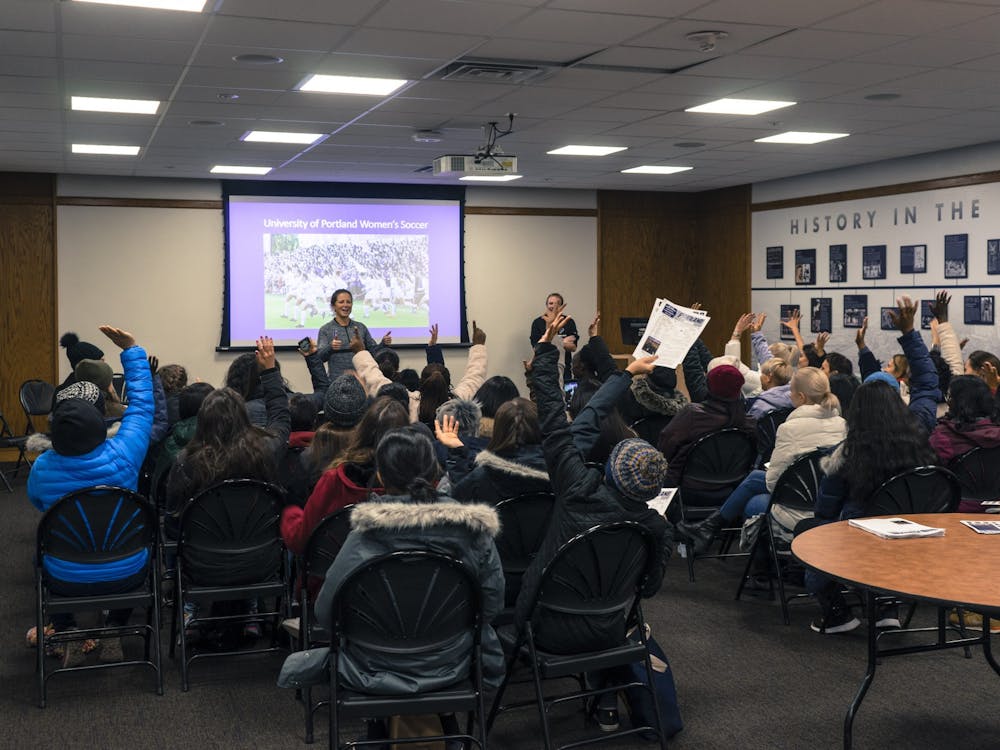Growing up, when you did something wrong, your parents, guardians, teachers, principals, or some other adult with authority talked to you. You were taught a lesson, and told not to do it again or what you should’ve done instead. That was how we used to learn from our mistakes.
However, we are all constantly examined under a different microscope now that social media has consumed our lives. Instead of being watched over solely by authoritative figures in your life, you have “followers” on Instagram and Twitter, “friends” on Facebook, and viewers on Snapchat and YouTube who could “cancel” you at any moment.
“Canceling” someone means to withdraw your support from them, often a public figure or company after they have said something offensive or have done something immoral or unethical. Recently, its purpose is amplified by the virality of social media posts and articles. While becoming a viral social media trend, canceling has also become life lessons for newer generations to come.
This has helped people in power remain accountable for inexcusable actions that they might have been able to get away with before.
The #metoo movement went viral after several women came forward with their stories of sexual assault and harassment using the hashtag. Director Harvey Weinstein was found guilty of numerous sexual assault allegations after many women shared their encounters with Weinstein through publications like The New York Times and The Guardian. Many social media users banded together to let these women know that their trauma is valid and demanded justice for them.
Since this movement garnered so much attention, cases of sexual assault and harassment in the workplace are tolerated much less than they were in the past. It has also made a safer environment for those who have been a victim of these crimes to come forward with their own experiences.
While this type of cancel culture proved to be helpful, it has been used so much that it has lost some of its value.
Take social media influencer Bryce Hall as an example. After throwing massive house parties during a global pandemic, both the media and government officials scrutinized his behavior. Halls’ power and gas were shut down by Mayor Eric Garcetti and many of his followers were upset that he wasn’t following health guidelines. But even after the public outrage, he has retained a platform that continues to influence his primarily younger audience.
The problem with such cases of cancel culture is the lack of lasting repercussions and sincere apology from those who have been called out. If it doesn’t become a teachable moment then there needs to be a better solution to addressing these issues.
While I do condone cancel culture when it comes to public figures or corporations, I don’t understand how “canceling” everyday people, like your fellow “friends” and “followers”, can make a lasting difference. Canceling those who make an impact on our societal beliefs and have public personas reinforces that immoral, unethical, or inappropriate behavior is not acceptable. However, when it is targeted at someone who isn’t purposefully in the center of the public spotlight, it can taint their professional and personal image in a way that is often irreversible.
Oftentimes after an “average joe” has been called out publicly by others on a social media platform, they are ridiculed and put on blast for their wrongdoings. People find out everything about that user, like where they work, who they are related to, what their interests are, their history on that social media app, and anything you could think of while doing a deep dive on someone's internet footprint.
Algorithms within these platforms have even added fuel to the fire after making certain posts go viral, which garner more attention toward the offensive user as well as the people who are calling them out.
The consequences of those cancellations can sometimes result in that person losing their job, which can be beneficial if the user’s career or profession requires them to have certain ethical and socially responsible behaviors. However, if the cancellation is directed at someone solely based on a negative interpersonal encounter, it often leads to more emotional lasting repercussions like being shunned by family and friends.
Canceling that average person doesn’t stop them from creating a separate account and making the same mistakes. Things could potentially get even worse if they become bitter after seeing how their life went into shambles. When people go into those extremes by “canceling” the everyday user, they are only bringing light to the problem and shunning the person, rather than giving them a lesson to learn and helping change their outlook.
An article written in The New York Times describes many instances where teens and young adults have been introduced to cancel culture, whether it was taking a part in the act of cancellation itself, or if they were on the receiving end.
These stories show both the good and poor aspects of cancel culture. In one of these anecdotes, Ben, a high school junior, expresses that he also believes people should be held accountable for their actions but that canceling someone doesn’t completely solve the problem. In my eyes, it just puts it on mute. “[cancel culture] takes away the option to learn from their mistakes and kind of alienates them,” Ben said.
In another anecdote, student “L” didn’t realize she was canceled until she got to school and direct messaged an old friend sitting across the cafeteria. All of the people sitting at the same table sent her a flurry of negative messages, targeted at L’s personality and way of forming relationships. L said it was like an avalanche.
“You can do something stupid when you’re 15, say one thing, and 10 years later that shapes how people perceive you,” L said. “We all do cringey things and make dumb mistakes and whatever. But social media’s existence has brought that into a place where people can take something you did back then and make it who you are now.”
If we don’t reflect on how “canceling” the person for more interpersonal relationship based problems, we can’t expect the person to understand where we are coming from if they feel attacked rather than approached.
Former President Barack Obama addressed this trend last fall when it became apparent in young activist movements, and asked that cancel culture be given a closer look as to how it can be an extreme tool to use when trying to persuade someone else to have the same beliefs that you do.
Everyone has had a different upbringing, different living circumstances, and beliefs, but there is a line that can be crossed when a user is spreading hate or false information on these platforms.
My question for you is, who should be the authoritative figure in our online lives to tell us what we did wrong without shunning us first? How do we effectively tell offensive users what they are doing is wrong, without muting the real problem?
Brie Haro is a reporter for The Beacon and can be reached at haro23@up.edu.
Have something to say about this? We’re dedicated to publishing a wide variety of viewpoints, and we’d like to hear from you. Voice your opinion in The Beacon.








